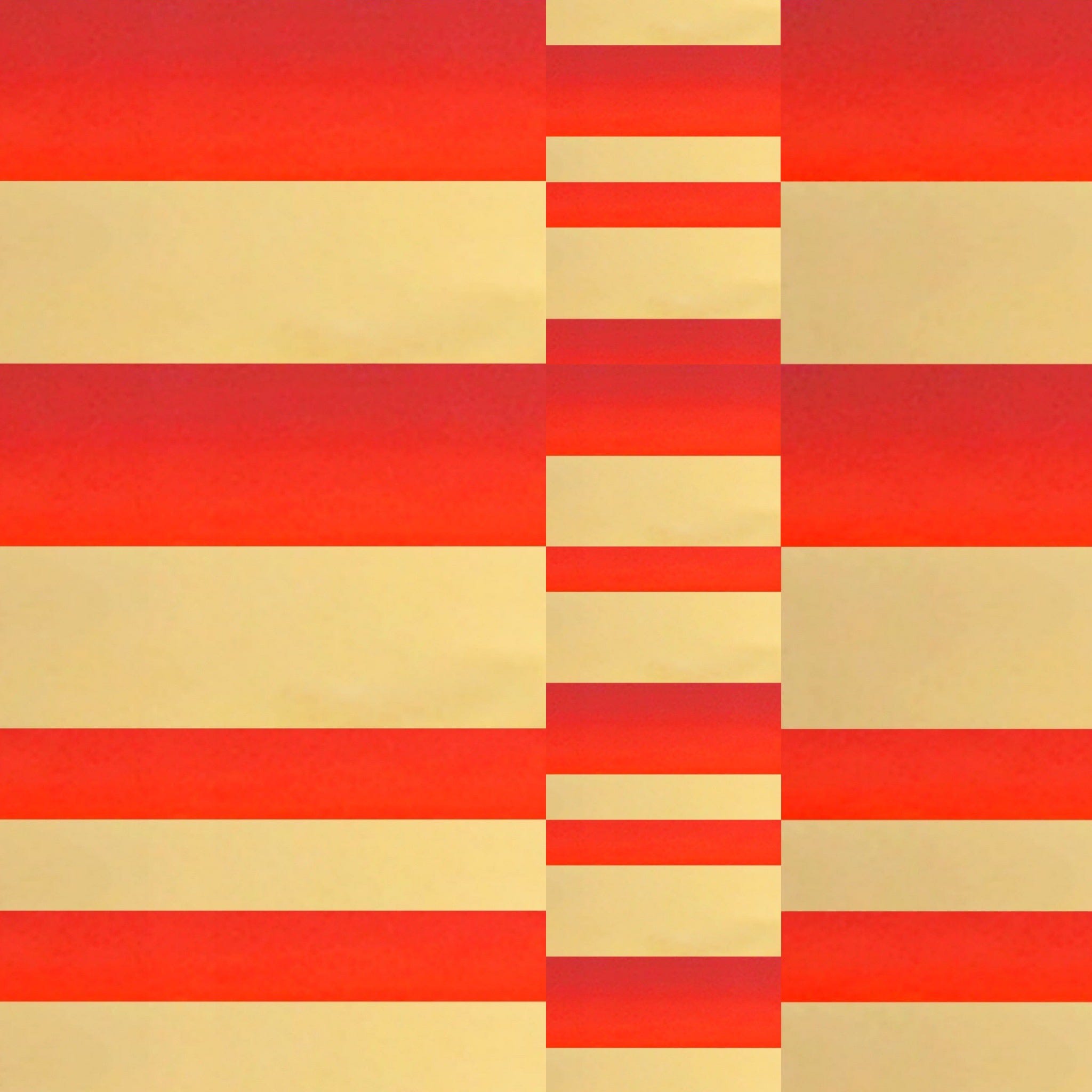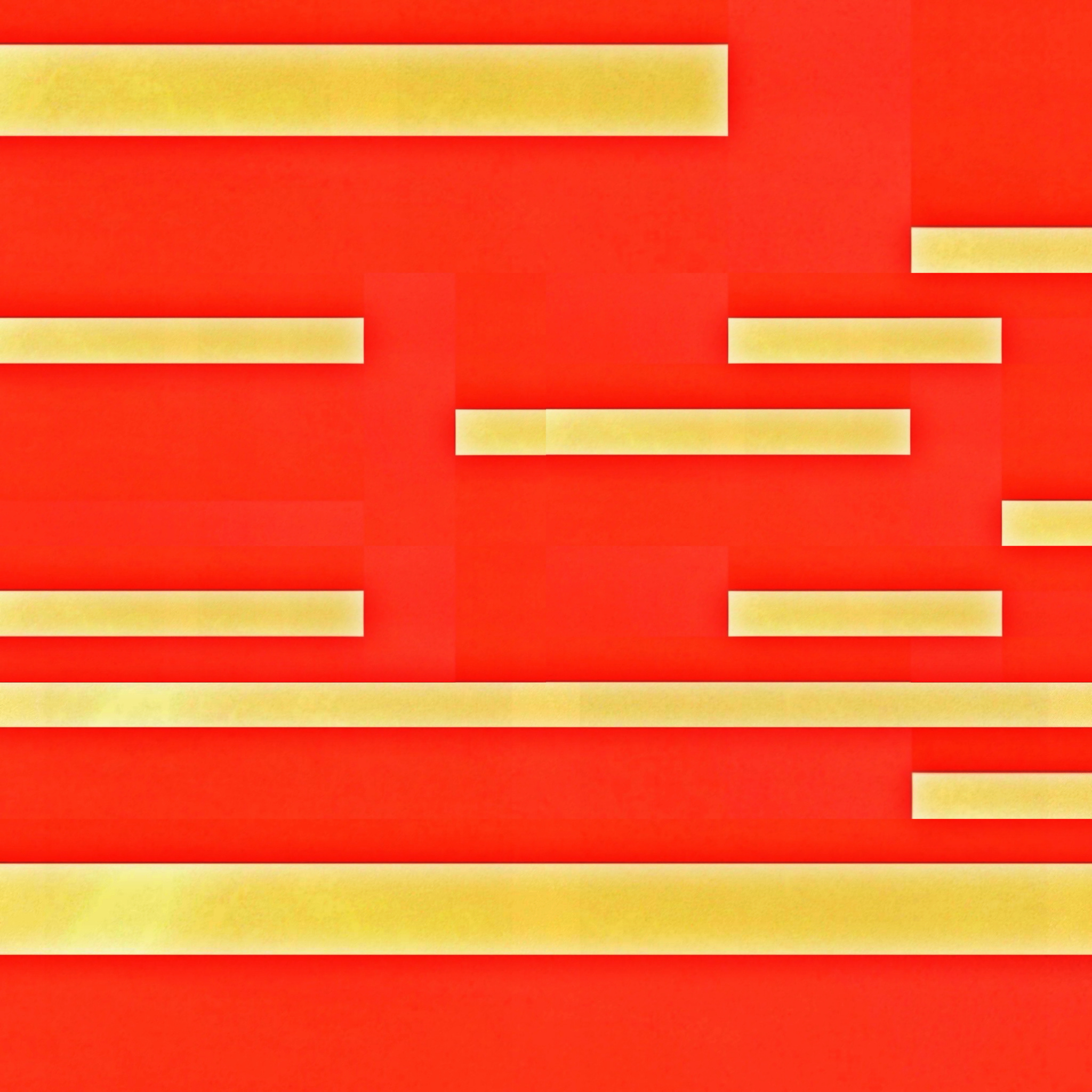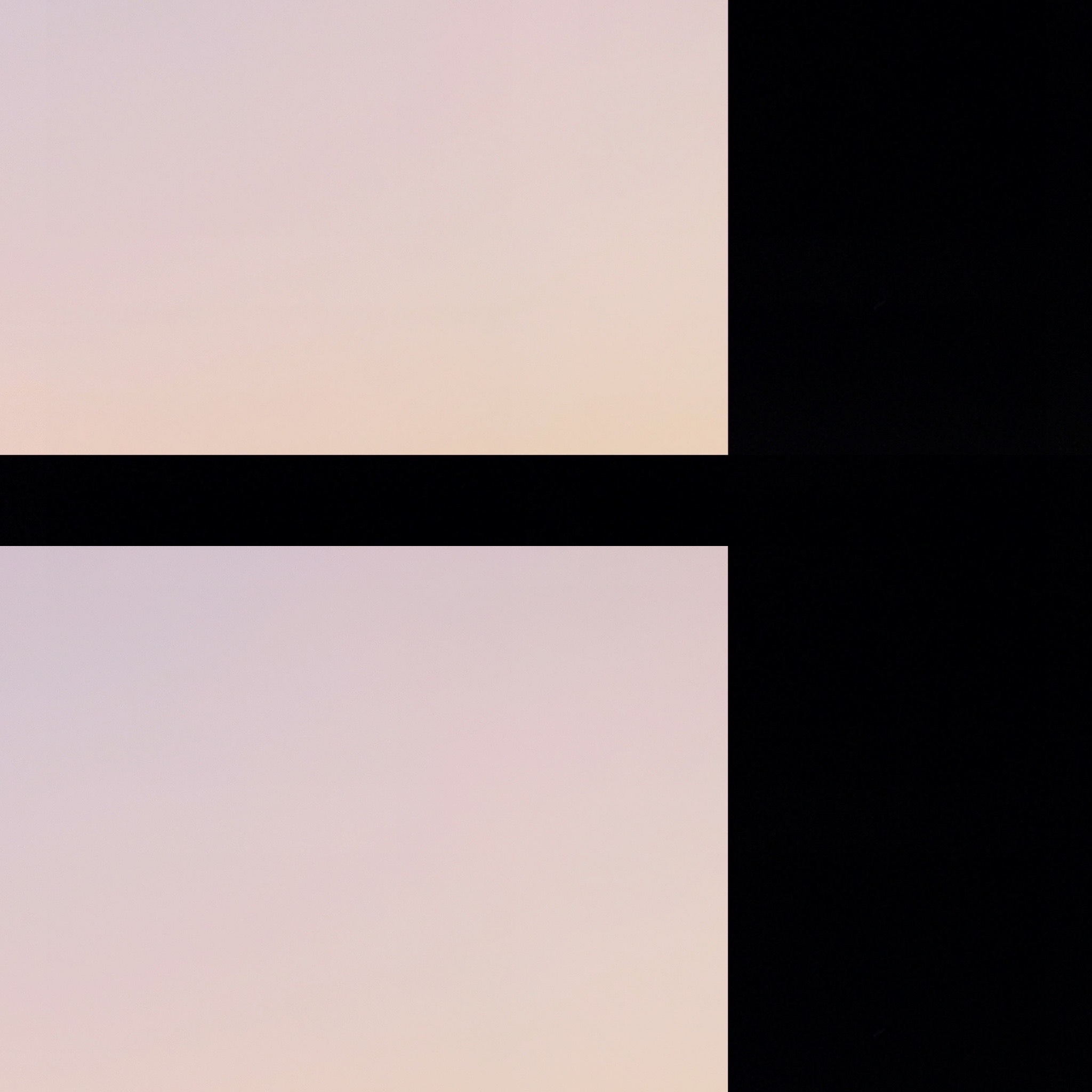Filosofía, Ética y Ciencias de la ReligiónInglésSubstack
Imperfect notes on an imperfect world
Japan-based scholar Christopher Hobson reflects on how we can live and act in conditions that are constantly changing and challenging us. Pursuing open thinking.
CulturePoliticsFilosofía, Ética y Ciencias de la ReligiónInglés
Publicado
Autores Christopher Hobson, PC

Imperfect World
Filosofía, Ética y Ciencias de la ReligiónInglés
Publicado
Autor Christopher Hobson

Of prisons and paywalls








